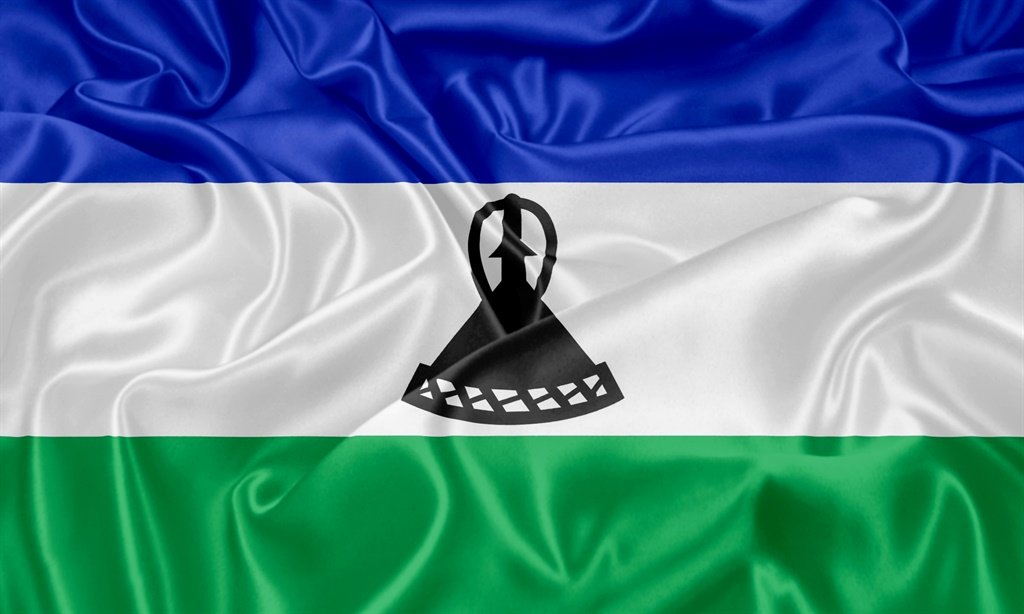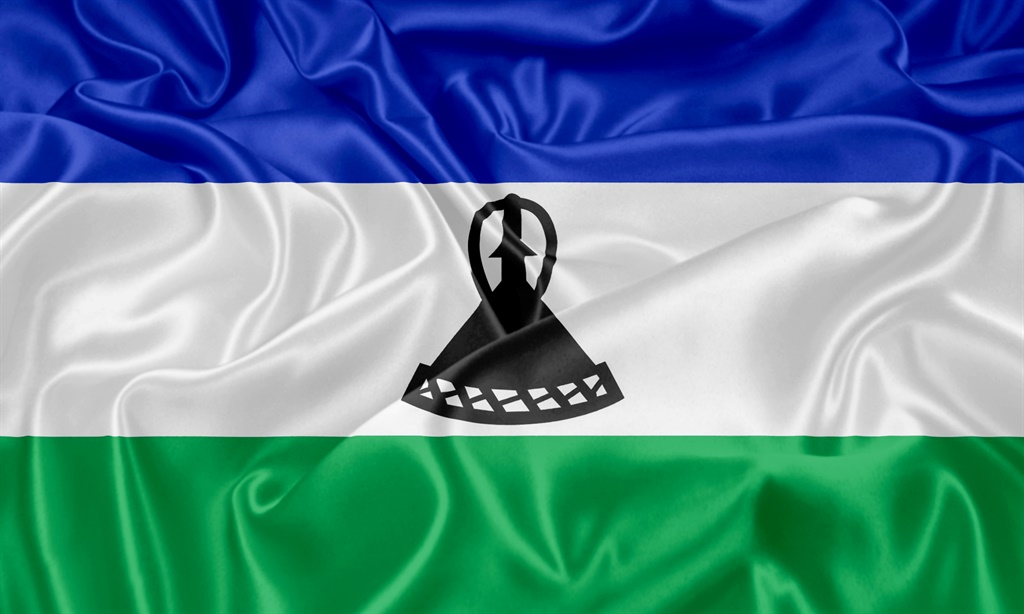

rocked by a politico-judicial saga involving the prime minister, is a small landlocked mountain kingdom entirely surrounded by South Africa.
Lesotho, called the Switzerland of Africa, is known for its beautiful mountainous terrain, and styles itself the “Kingdom in the Sky”.
More than 80 percent of the country sits 1 800 metres above sea level. Its highest peak is Mount Thabana Ntlenyana, at 3 482 metres altitude.
The Basothos – a people from southern Africa’s Bantu ethnic group, also established in South Africa – are a large majority in Lesotho, and 80% of the population is Christian.
Maseru is the capital and largest city, with 250 000 inhabitants.
The two official languages are English and Sesotho.
A former British protectorate, Lesotho achieved independence in October 1966 under King Moshoeshoe II.
In 1990 Moshoeshoe was replaced after a military coup by his son Letsie III, who remains on the throne today.
In 1998, a disputed election, won in a landslide by the ruling Lesotho Congress for Democracy (LCD) sparked demonstrations, followed by an army mutiny.
Amid fears of a coup, troops from South Africa and Botswana were sent in. Around 75 people were killed in clashes in the capital, which was badly damaged.
In August 2014, a military coup against prime minister Thomas Thabane failed. He was beaten at early elections the following year. He returned in June 2017, winning snap elections.
Two days before he took his oath of office his wife Lipolelo Thabane, whom was divorcing, was gunned down.
Two months later he married Maesaiah Thabane who in early February 2020 was charged with the murder of her rival, and released on bail.
On February 21, Thabane did not turn up in court to be officially charged with the murder, with his aide saying he had left for South Africa for “emergency” medical treatment.
Not only landlocked, Lesotho is unique in that it is hemmed in on all sides by a single country, South Africa.
It is about the same size as Belgium.
A poor country of 2.1 million people, it is economically dependent on its powerful neighbour from which it imports much of its food, where much of the population seeks work.
South Africa however counts on Lesotho for its abundant reserves of water.
Lesotho’s Katse Dam reservoir, built in the 1990s, helps provide electricity and supplies the cities of Pretoria and Johannesburg, earning Lesotho the nickname South Africa’s “water tower”.
Lesotho also has several diamond mines.
Nearly half of household incomes comes from remittances by migrants who work in South Africa, especially in mining.
Dogged by unemployment, an HIV-Aids epidemic which affects 23.8% of the population, and a severe lack of public services, Lesotho is one of the world’s poorest countries.
The country and its agriculture are highly exposed to climatic vagaries and drought.
Nearly three-quarters of the population lives in rural areas and depend directly on agriculture and livestock, with half experiencing serious food insecurity, according to the UN’s food agency.
In 2017 life expectancy in Lesotho was 53, according to the World Bank.
In 2017 Lesotho became the first African country to allow the cultivation of cannabis for medicinal purposes.
The United Nations Office on Drugs and Crime estimates that 70 percent of marijuana consumed in South Africa is grown in Lesotho, making cannabis the country’s third source of revenue.

